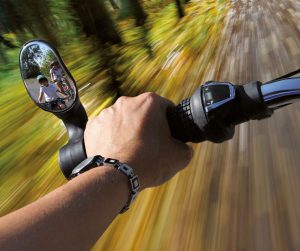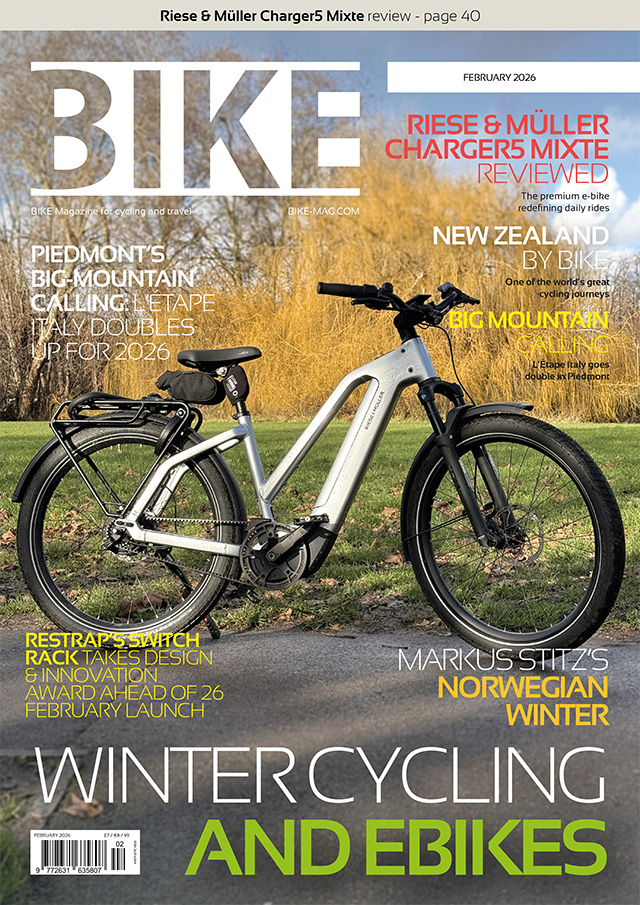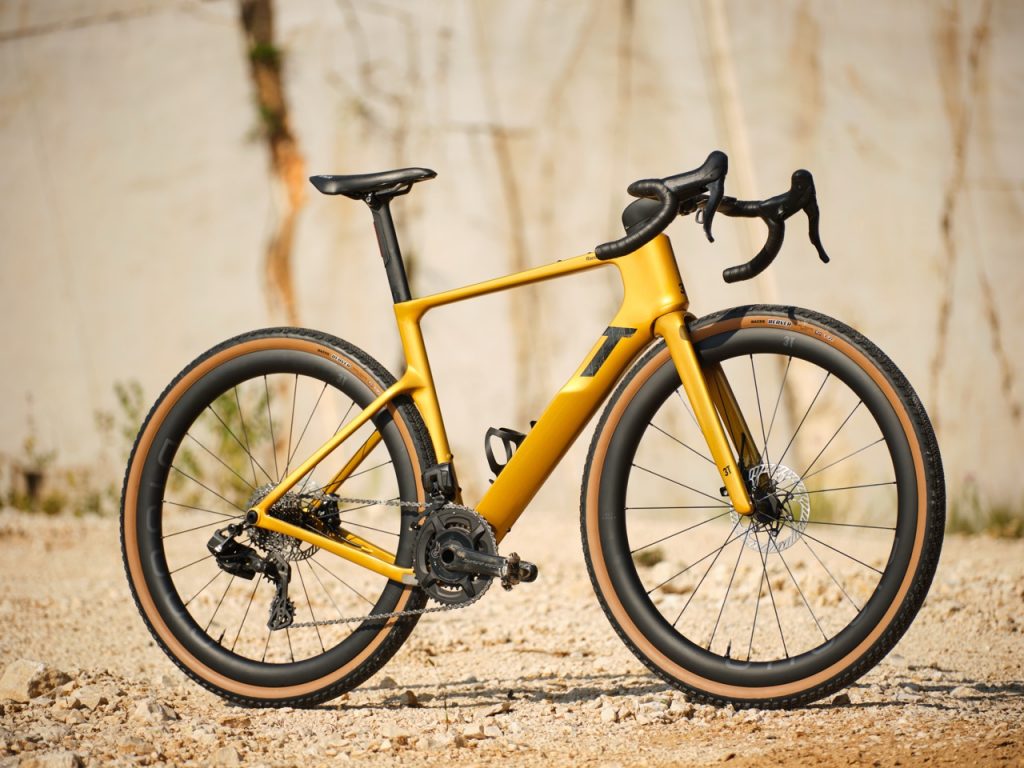The E-Bike Race Series is blazing a trail for modern bike racing competitions, by combining cycling’s global audience with the latest cycling technology.

The Series’ goal is simple; to promote greener, healthier cities to local communities through global collaboration via the E-Bike Race Series. Having races take place in the UK, South Africa, Russia, and many other locations, the EBK’s goal is to create a global audience, and create a global experience; something needed if the global goal of reducing the harm of climate change is to be reached.
There is also an intention to have the E-Bike Race Series be broadcast internationally, and be free-to-watch for those watching the race in their own cities. Giving access to the race means access to and knowledge about e-bikes; a greener alternative to motorised travel. Letting more people know about e-bikes, and see them at their fullest capacity in real life or over broadcast, is certain to entice individuals to give e-biking a try.
This is essential if the global carbon footprint is to be reduced. According to a study by the European Parliament, over 60% of carbon emissions in transportation are caused by cars, making them one of the biggest contributors to climate change. Reducing the amount of cars on the road, and replacing them with greener alternatives, is key to EBK’s mission.
Their website states an intention to use ‘sport as the catalyst’ for powerful, climate-conscious changes in the way we travel and engage with the city scapes around us. E-bikes are perfect for this. Making a sporting spectacle from e-bikes is likely to bring them more attention, and thus have more people pick them up, as opposed to a car. The E-Bike Race Series is being used as a catalyst for change in public opinion and attitude, building international excitement around e-bikes, and thus international change.
E-Bike Race Series Challenges Host Cities
The EBK have made their mission clear; that their races exist not only to inspire greener city living, but to actively make changes in the cities in which they are hosted to promote carbon-consciousness. They have stated an objective to bring Sustainable Mobility Beacon Cities into the areas in which the races take place, collaborating with technology experts to bring their ideas to life.
The E-Bike Race Series is also collaborating with BMC to make their EBK Series bikes, creating an equal playing field for athletes regardless of technological access, and creating an equal challenge where athleticism and strategy will reveal the race’s winners.
E-Bike Race Series- What to Know
The races held under the E-Bike Race Series have been designed to be carbon-conscious and environmentally friendly, while also implementing exciting mechanics into their races exclusive to e-biking.

Using temporary structures, called Power Zones, to host the Series, athletes will be faced with a unique quirk of these structures when competing. Limited electrical power is stored in each e-bike, meaning when athletes choose to use it can drastically affect their position and options in other parts of the course. This brings strategy into the race, meaning it is not just an athlete’s physical capabilities being tested, but their mental capabilities too.
Should the power be used at the start to gain a lead? Or at the end, to push past the competition? This sort of strategic use of resources is rarely seen in traditional cycling Series, and is more comparable to F1 and other driving races, when pit-stop breaks become an essential calculation in a winning strategy.
This may even be intentional of the E-Bike Race Series part, showing e-bikes not only as comparable to cars, but that they may in fact be a positive alternative for motorists. Fast and efficient just like a car, but significantly more eco-friendly, and a source of exercise- something that those in the city have less access to compared to cyclists with open rural spaces available to them.
The races are also set to be inclusive for both men and women, with equal numbers of both genders competing. This is another fantastic step towards equality for women in the cycling space, and as it has been seen with other events such as the Paris-Roubaix Femmes this year, this trend of female inclusivity in cycling is set to continue.




























